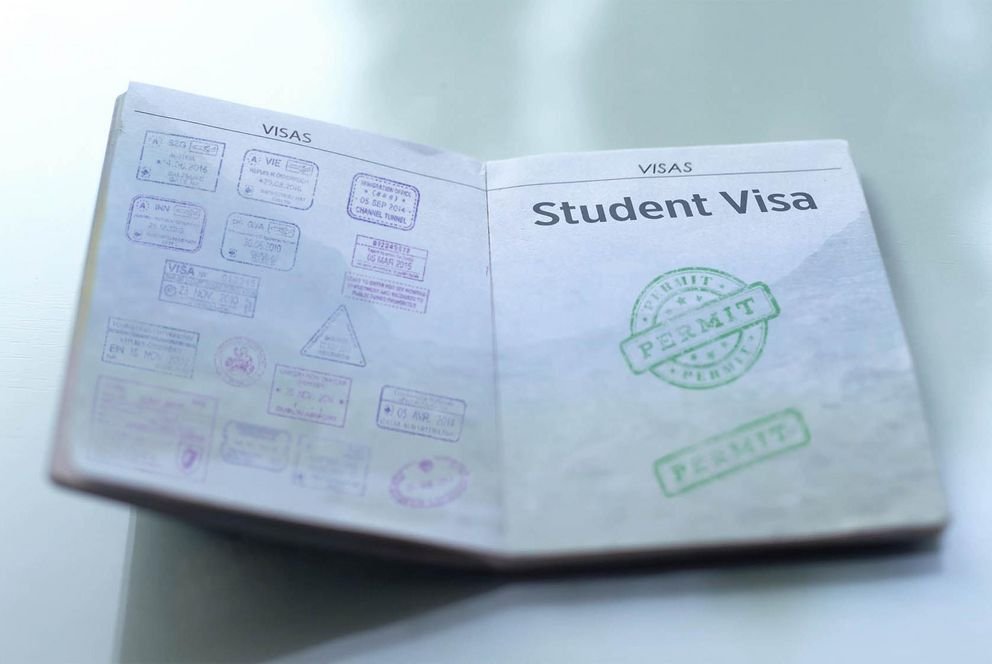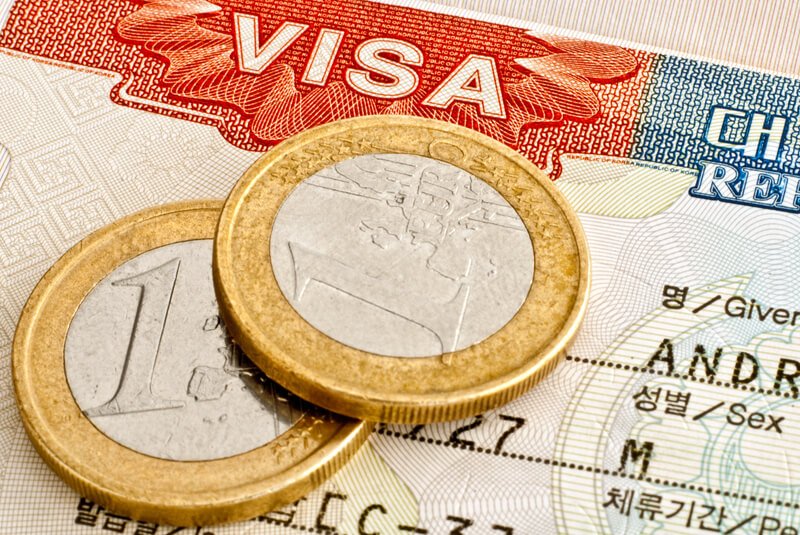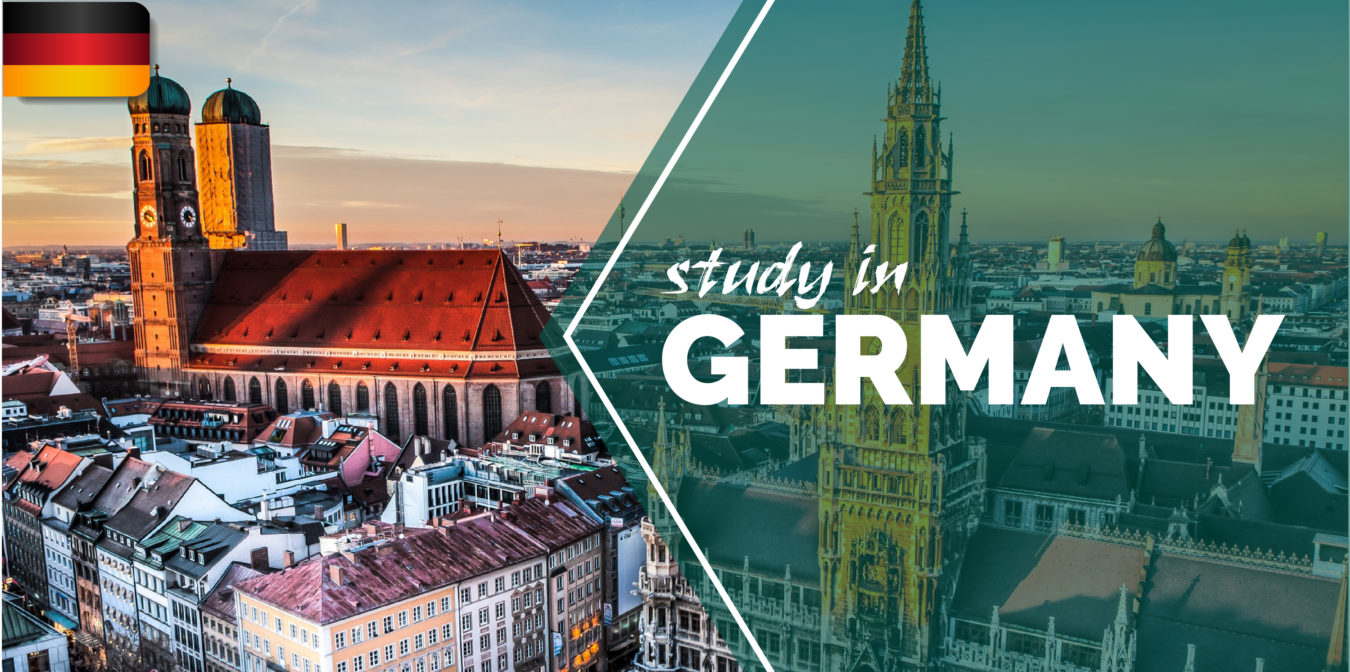
Germany is renowned as one of the top study destinations in the world, offering a combination of academic excellence, cultural diversity, and vibrant student life. With its rich history, high-quality education system, and strong focus on research and innovation, Germany attracts students from around the globe. Many of its universities are consistently ranked among the best globally, offering a wide range of programs taught in English, making them accessible to international students.
Additionally, Germany’s affordability, with many public universities offering tuition-free education, coupled with ample scholarship opportunities, further enhances its appeal. Beyond academics, Germany’s central location in Europe provides easy access to travel opportunities, allowing students to explore diverse cultures and experiences. Overall, Germany stands out as an attractive destination for those seeking a world-class education, cultural immersion, and unparalleled career prospects.
The Different Types of Study Visas Available

In Germany, there are several types of study visas and permits available for international students, depending on the nature and duration of their studies. Some of the main types include:
Student Visa
- This visa is for students planning to pursue full-time academic studies at a recognized higher education institution in Germany. It typically allows students to stay in Germany for the duration of their studies and may be extended if needed.
- Language Course Visa (Visum zu Sprachkurszwecken): International students who wish to study German language courses in preparation for further academic studies in Germany can apply for this visa. It allows students to stay in Germany for the duration of the language course
Student Applicant Visa
- This visa is for prospective students who need to be in Germany to attend university entrance examinations, interviews, or preparatory courses before applying for full-time studies. It’s typically valid for up to three months.
Language Study Preparation Visa
- Students who plan to attend a preparatory language course (Studienkolleg) in Germany to meet the language requirements for university admission can apply for this visa. It allows students to stay in Germany for the duration of the language preparation course.
Visa for Research Purposes
- Students participating in a research project, doctoral program, or postdoctoral research in Germany may apply for a visa for research purposes. This visa allows individuals to stay in Germany for research-related activities
Internship Visa
- International students who wish to complete an internship as part of their studies or academic program can apply for this visa. It allows students to engage in internship activities for a specific duration.
Au Pair Visa
- Although not directly related to academic studies, some students may opt to participate in an au pair program in Germany. This visa allows individuals to live with a host family, assist with childcare, and attend language courses.
Eligibility Criteria For Germany Study Visa

The basic requirements for applying for a German study visa include:
- Acceptance at a German University: Applicants must have a confirmed admission letter or acceptance at a recognized higher education institution in Germany for a full-time academic program leading to a degree.
- Sufficient Financial Resources: Students must demonstrate that they have adequate financial means to cover their living expenses in Germany. This typically includes proof of funds to cover accommodation, food, health insurance, and other living expenses.
- Health Insurance: International students are required to have health insurance coverage for the duration of their stay in Germany. This can be either public or private health insurance, depending on the student’s preferences and circumstances.
- Proficiency in German or English: Depending on the language of instruction of the chosen program, students may need to demonstrate proficiency in either German or English. This is usually done through language proficiency tests such as the TestDaF or IELTS/TOEFL.
- Educational Qualifications: Applicants must have completed their previous education qualifications, such as high school or equivalent, to meet the admission requirements of the chosen study program in Germany.
- Clean Criminal Record: Applicants are typically required to provide a certificate of good conduct or police clearance certificate from their home country to prove that they have no criminal record.
- Valid Passport: Applicants must have a valid passport with a validity period that covers the duration of their stay in Germany.
Process of Applying for a German Study Visa

The step-by-step process of applying for a German study visa typically involves the following stages:
Collecting Required Documents
Completed visa application form: Obtain the application form from the website of the German embassy or consulate in your home country. Fill it out completely and accurately.
Passport: Ensure your passport is valid for at least six months beyond your intended stay in Germany.
Letter of acceptance: Provide the original or a certified copy of your admission letter from a German university or higher education institution.
Proof of financial resources: Provide evidence of sufficient funds to cover your living expenses in Germany. This may include bank statements, scholarship letters, or a formal declaration of financial support.
Health insurance: Obtain health insurance coverage valid for your entire stay in Germany. This can be either public or private health insurance.
Language proficiency certificate: If required, provide proof of proficiency in German or English through language proficiency tests such as TestDaF, IELTS, or TOEFL.
Certificate of good conduct: Obtain a police clearance certificate or certificate of good conduct from your home country to prove you have no criminal record.
Passport-sized photographs: Provide recent passport-sized photographs meeting the specifications outlined by the German embassy or consulate.
Scheduling an Appointment
Visit the website of the German embassy or consulate in your home country to find information on visa application procedures and appointment scheduling. Use the online appointment booking system or contact the embassy/consulate directly to schedule an appointment for your visa application.
Visa Interview (if applicable)
Prepare for a visa interview if it is required as part of the application process. During the interview, you may be asked about your study plans, financial situation, and other relevant details. Bring all required documents to the interview and be prepared to answer questions truthfully and confidently.
Submitting the Application
Attend your scheduled appointment at the German embassy or consulate on the designated date and time. Submit your completed visa application form along with all required documents, including passport, acceptance letter, proof of finances, health insurance, language proficiency certificate, certificate of good conduct, and passport-sized photographs. Pay the visa application fee, if applicable, as per the instructions provided by the embassy or consulate.
Important considerations regarding the German study visa

Additional Fees
While the visa application fee varies depending on the applicant’s nationality and the type of visa, applicants should budget for potential additional costs associated with document translations, notarization, and courier services for sending documents.
Processing Time
The estimated processing time for German study visa applications can vary depending on the workload of the embassy or consulate and other factors such as the applicant’s nationality. Generally, processing times range from a few weeks to several months. It’s advisable to apply well in advance of your intended travel date to allow for any potential delays in processing.
Visa Validity and Extensions
The validity of the German study visa typically corresponds to the duration of the intended course of study. Upon arrival in Germany, students must apply for a residence permit at the local Foreigners’ Registration Office (Ausländerbehörde) within the first few weeks of their arrival. The residence permit serves as an extension of the visa and allows students to stay in Germany for the duration of their studies.
Important Deadlines and Changes
Applicants should carefully review the latest information and requirements provided by the German embassy or consulate in their home country to ensure compliance with any deadlines or changes in the visa application process. It’s important to stay informed about any updates or modifications to the visa application procedures to avoid delays or complications.
Conclusion

In conclusion, starting on the journey of studying in Germany opens doors to endless opportunities for personal and academic growth. While navigating the study visa process may seem daunting, it’s a small step towards the larger goal of pursuing education in one of the world’s most esteemed academic destinations.
By staying informed, prepared, and resilient throughout the application process, students can unlock the gateway to a vibrant learning experience, rich cultural immersion, and exciting adventures in Germany. So, seize the opportunity, embrace the challenge, and get ready to embark on an unforgettable educational odyssey in the heart of Europe. Your future awaits in Germany!

